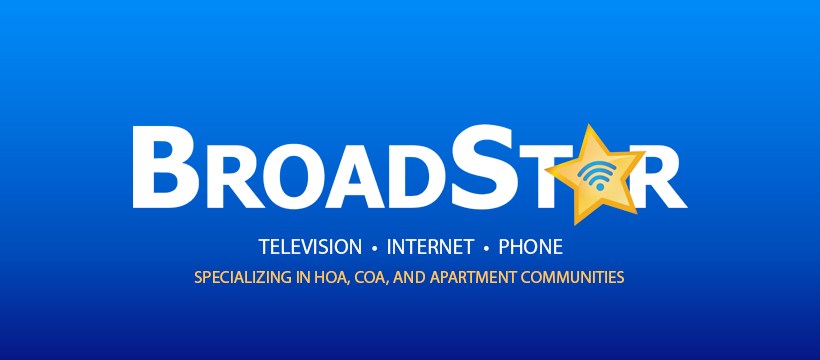Protecting Multi-Dwelling Unit Internet Data Flow Through Strong Cryptographic Protocols for Safeguard End-User Privacy as well as Information Integrity
Protecting Multi-Dwelling Unit Internet Data Flow Through Strong Cryptographic Protocols for Safeguard End-User Privacy as well as Information Integrity
Blog Article
In the current digital landscape, securing web traffic is more important than ever before, particularly in Multi-Unit Units (MDUs) such as flat buildings and condominiums environments. Such environments frequently have numerous tenants utilizing the identical internet connection, which can result to possible safety threats. To guarantee that users' privacy and information integrity are maintained, it is essential to adopt robust encryption protocols. Data encryption is a method that encodes data, making it unreadable to anyone who do not have the correct key to decrypt it. This procedure aids maintain personal information safe from cybercriminals and unauthorized users.
A of the most commonly used encryption standards is SSL Socket Layer (SSL) and its replacement, Transport Security (TLS). These standards establish a protected connection between a resident's system and the internet, guaranteeing that all data transferred stays private. When tenants in an MDU access sites that employ SSL/TLS, their private information, including passwords and payment billing details, is encrypted. This implies that although if someone attempts to capture the information, they would only see a mess of letters and digits, rendering it nearly unfeasible to comprehend. By encouraging the adoption of these standards, MDUs can significantly improve the security of their tenants' online actions.
A further crucial coding method is VPN Secure Tunnel (VPN) technology. A VPN establishes a protected pathway for web data, which safeguards individuals from prying observers, particularly when accessing shared Wi-Fi networks. In an MDU, where numerous tenants may connect to the identical service, employing a VPN can help ensure that personal internet activities stay confidential. This is especially crucial for activities including online banking or accessing confidential data. By encouraging the adoption of VPNs among tenants, MDUs can cultivate a safer internet space and help protect against data breaches.
In addition to such coding techniques, it is essential for MDUs to educate their tenants about the importance of online security. Numerous individuals may not be conscious of the threats linked with using shared internet services. Offering information on how to identify scam efforts, the importance of strong passwords, and the benefits of employing secure websites can empower tenants to assume charge of their online safety. Workshops or informational meetings can be beneficial ways to increase awareness and promote optimal practices for internet safety.
Ultimately, MDUs should think about working with web provider providers (ISPs) that prioritize safety view it and offer advanced coding features. By collaborating with ISPs that utilize robust coding protocols, MDUs can guarantee that their tenants have access to secure web services. This collaboration can result to improved overall safety for the entire building, as well as enhanced trust among tenants. By taking these measures, MDUs can create a safer internet space, safeguarding resident privacy and data security in an ever more connected environment.